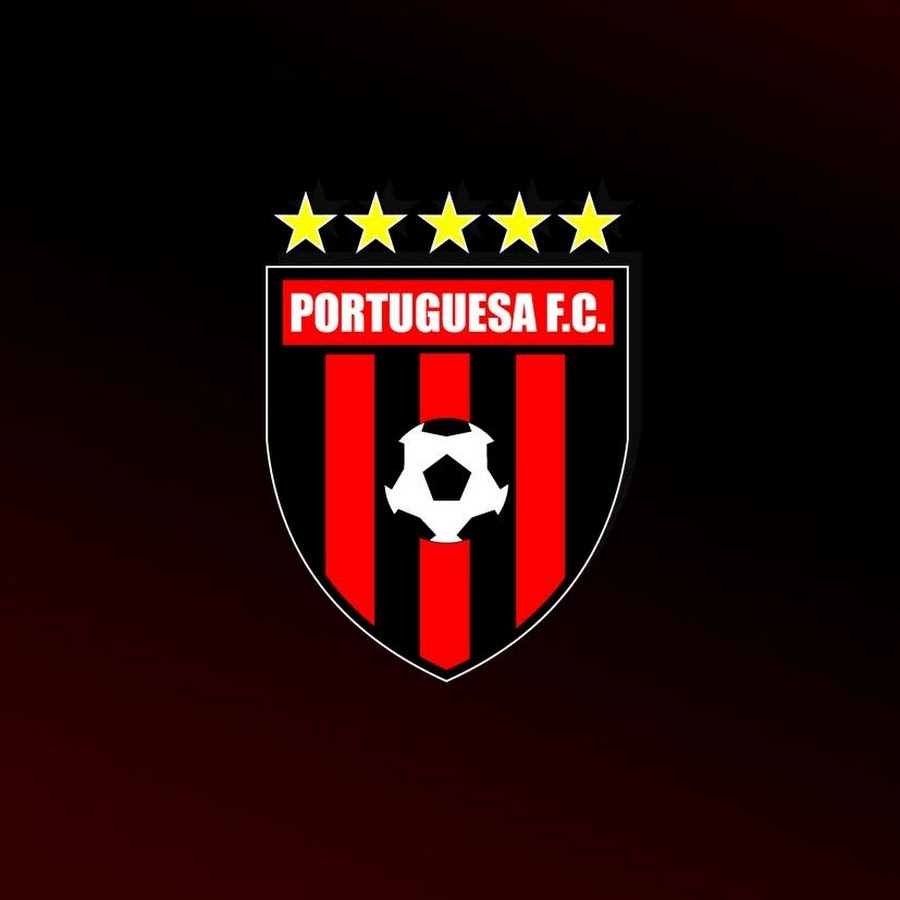
Portuguesa FC: History and Key Achievements
Portuguesa FC is a revered name in Brazilian football, symbolizing rich history, passionate fan support, and significant sporting achievements. Known for its vibrant colors and deep-rooted community ties, Portuguesa FC has contributed greatly to the development of Brazilian football, producing star players and memorable moments that are cherished by fans and historians alike. This article aims to explore the profound history and remarkable milestones of Portuguesa FC, shedding light on its evolution, struggles, triumphs, and ongoing legacy in the footballing world.
Origins and Formation of Portuguesa FC
Understanding the origins of Portuguesa FC requires delving into its foundational roots, the socio-cultural environment of its inception, and the early years that set the foundation for its future successes and challenges. Founded in the heart of São Paulo, the club’s genesis is intertwined with the community’s enthusiasm for football and desire for a local team that could represent their spirit on the national stage. The late 1920s marked a pivotal period as local community leaders and football enthusiasts sought to establish a club that would embody unity, competitiveness, and resilience Socolive.
The Birth of a Club in São Paulo
The inception of Portuguesa FC dates back to 1920, a period marked by rapid urban growth and burgeoning sporting culture in São Paulo. The club was officially founded on August 14, 1920, under the name Associação Portuguesa de Desportos, reflecting the cultural identity of the Portuguese immigrant community in Brazil. The founders envisioned a team that could compete at higher levels while fostering social cohesion among Portuguese Brazilians.
The club’s early days were characterized by a focus on player development and community involvement. The initial squad comprised young men from the local neighborhoods who shared a common passion for football. Despite limited financial resources, the club’s determination led to its gradual rise in local competitions. The early years were foundational, establishing the club’s focus on discipline, technical skill, and sportsmanship.
Challenges and Early Growth
Like many clubs in emerging football nations, Portuguesa FC encountered logistical, financial, and competitive challenges during its formative years. The club faced competition from other established teams such as Corinthians, Palmeiras, and São Paulo FC, which had already begun to dominate São Paulo’s football scene. However, Portuguesa’s distinct identity and committed fan base allowed it to carve out a niche and remain competitive.
The club’s growth was also fueled by its emphasis on youth development and community outreach programs. Establishing youth squads and training academies helped produce talented players and foster a sense of belonging among supporters. Despite setbacks, including financial difficulties and periods of underperformance, Portugues continued to persevere.
Cultural and Social Significance
Beyond the pitch, Portuguesa FC became a cultural icon for Portuguese immigrants and the wider community in São Paulo. It represented more than just football; it was a symbol of cultural pride, tradition, and resilience. The club’s colors—red and white—became emblematic of its fiery spirit and passion.
The social impact of Portuguesa FC extended into local neighborhoods, with supporters organization clubs and social events. The sense of identity fostered by the club transcended sport, impacting the cultural fabric of the communities it served. Its history reflects a microcosm of the immigrant experience in Brazil, blending challenges with triumphs in a shared pursuit of excellence and belonging.